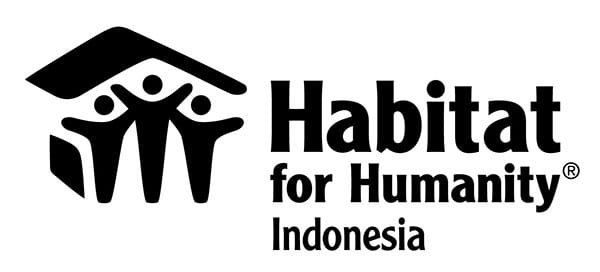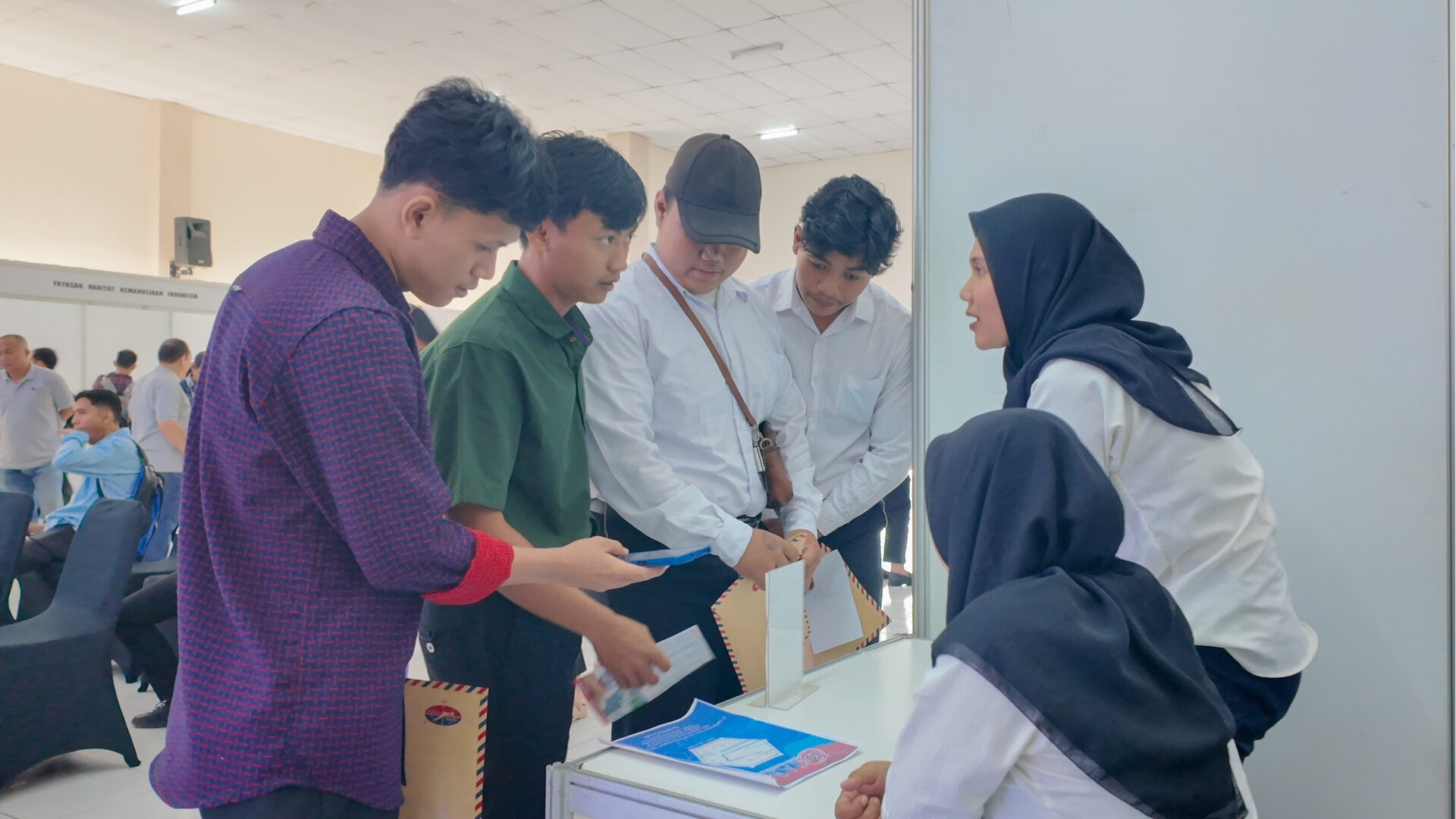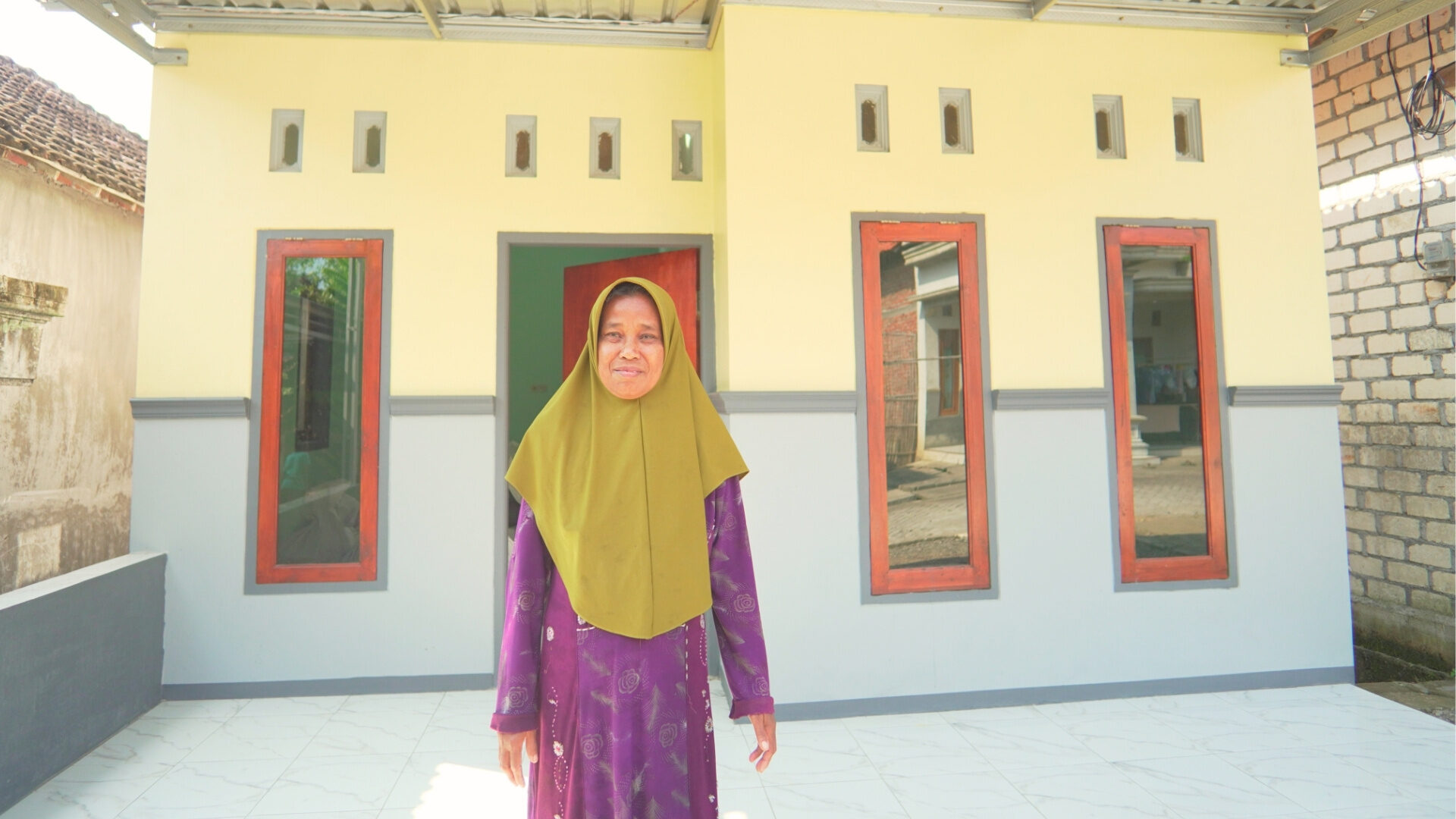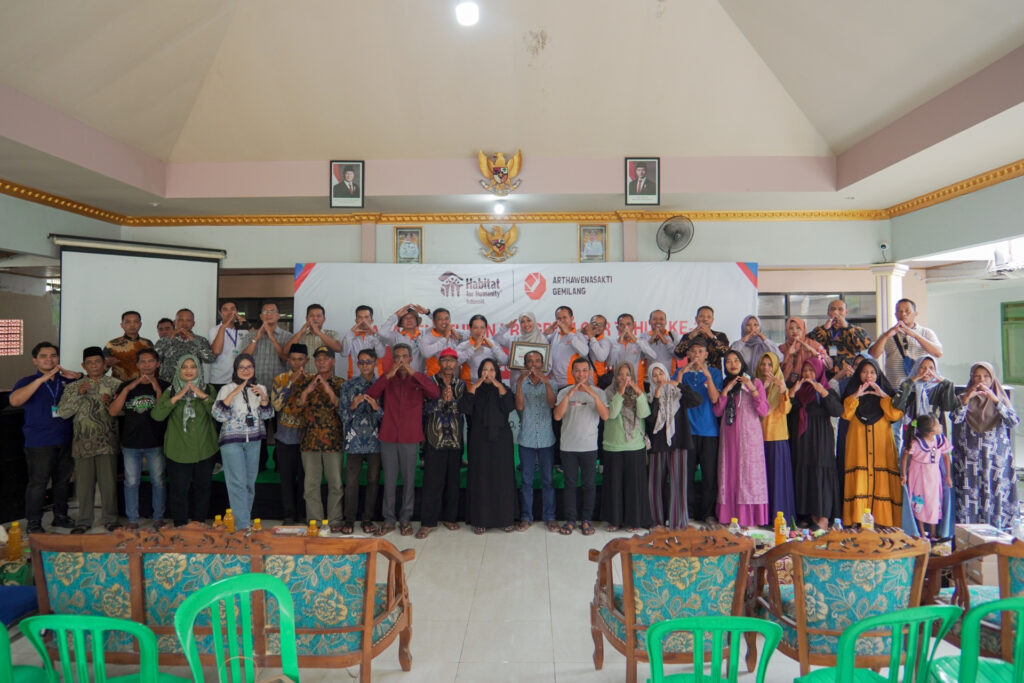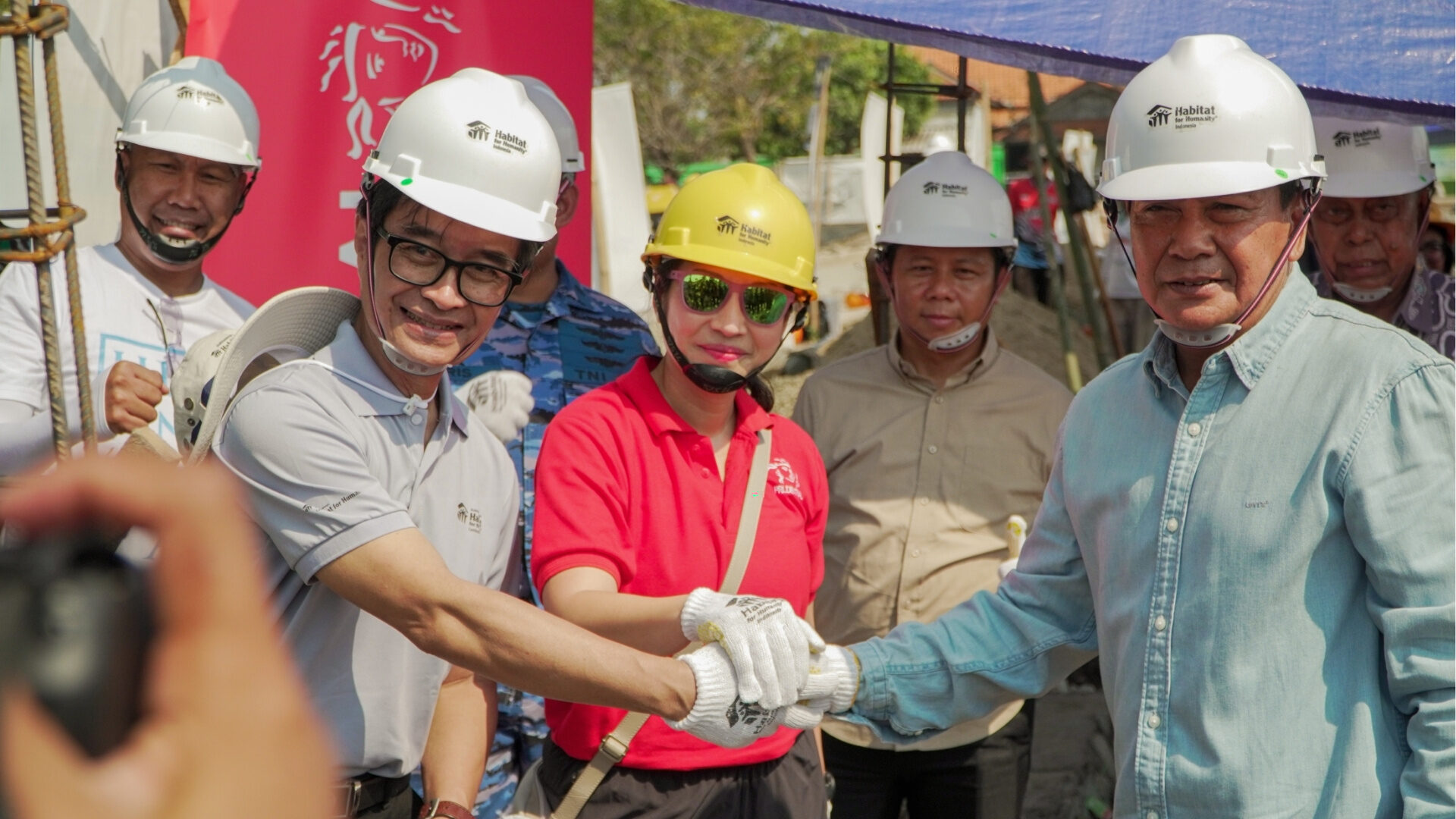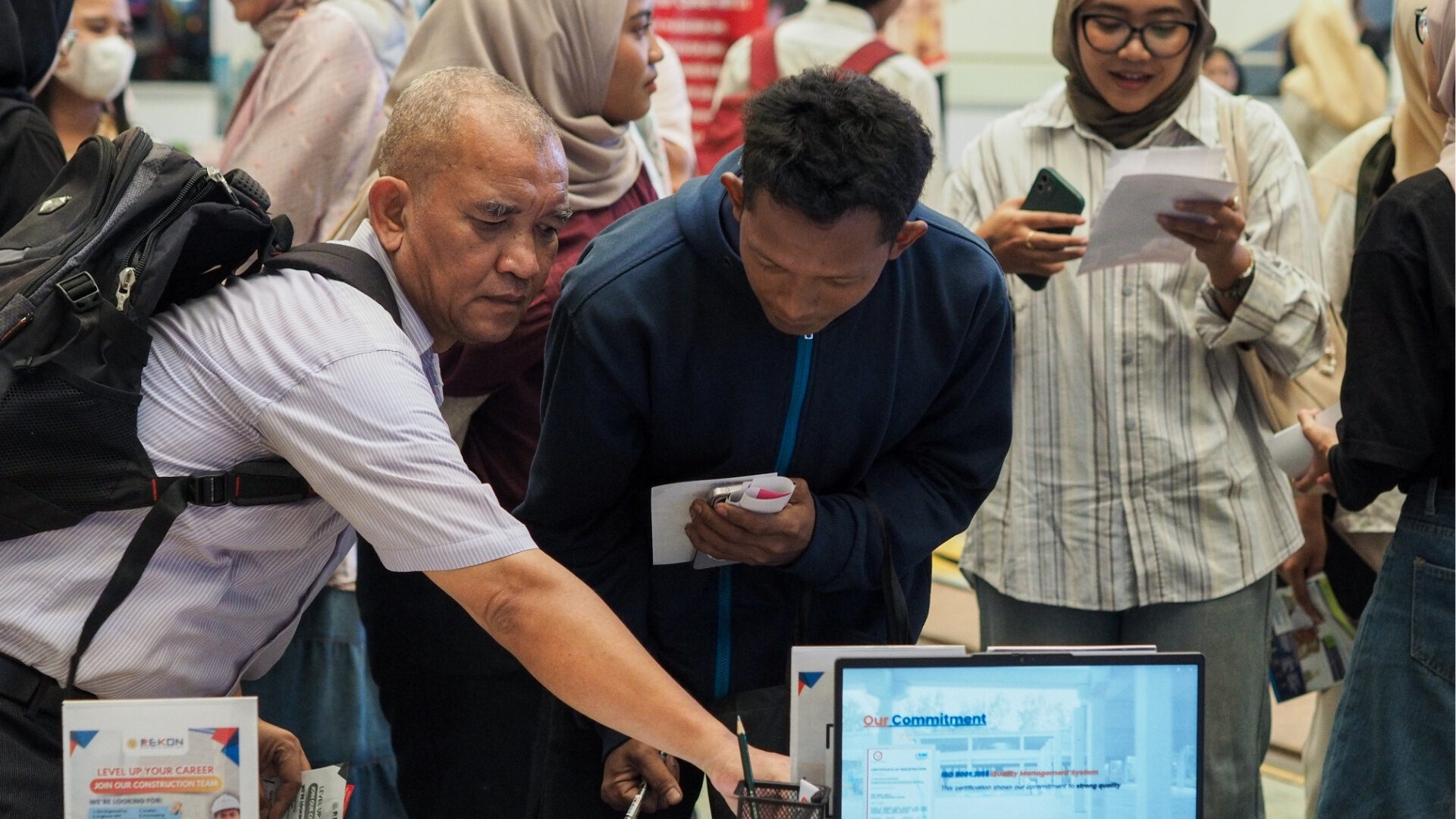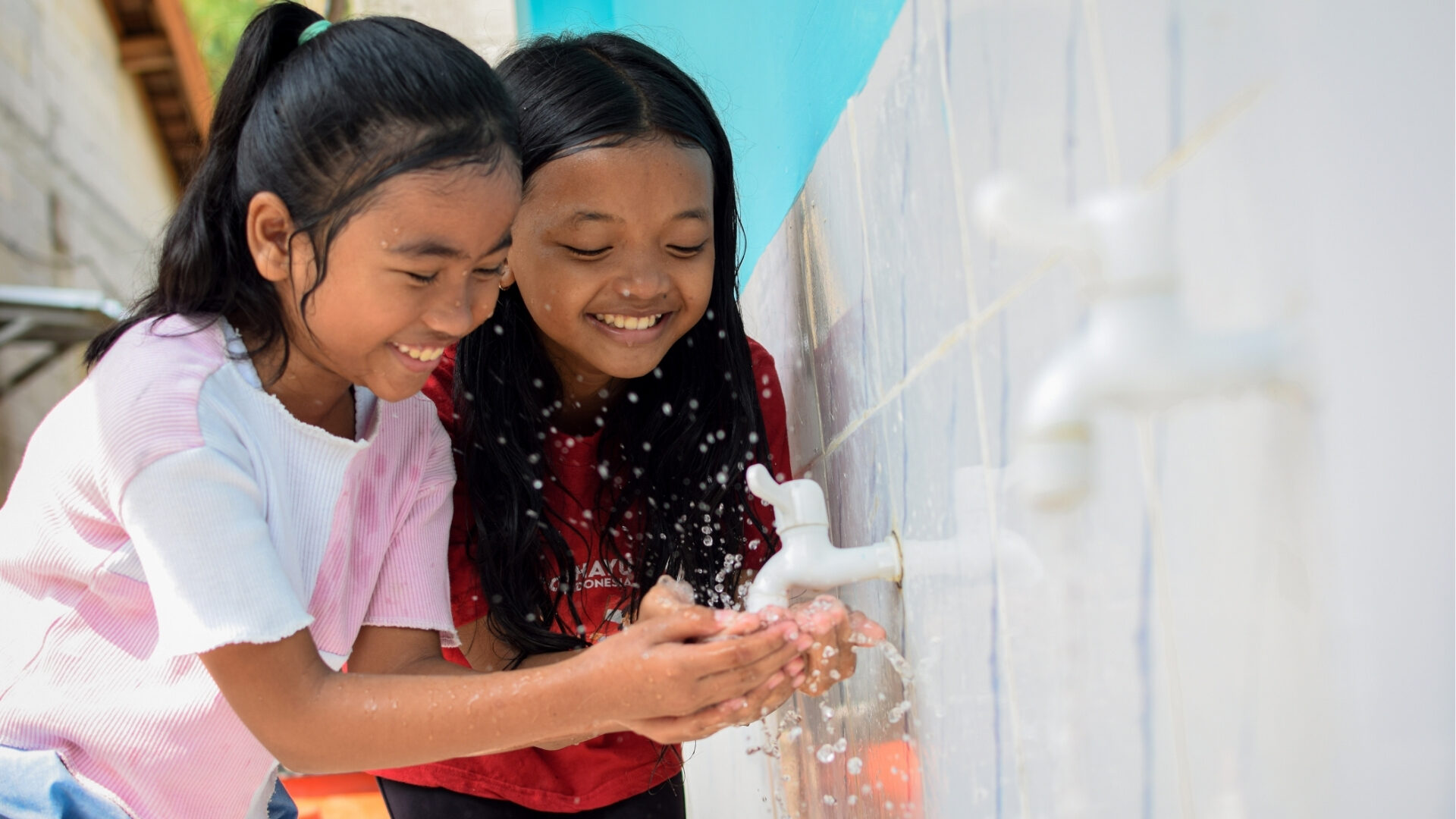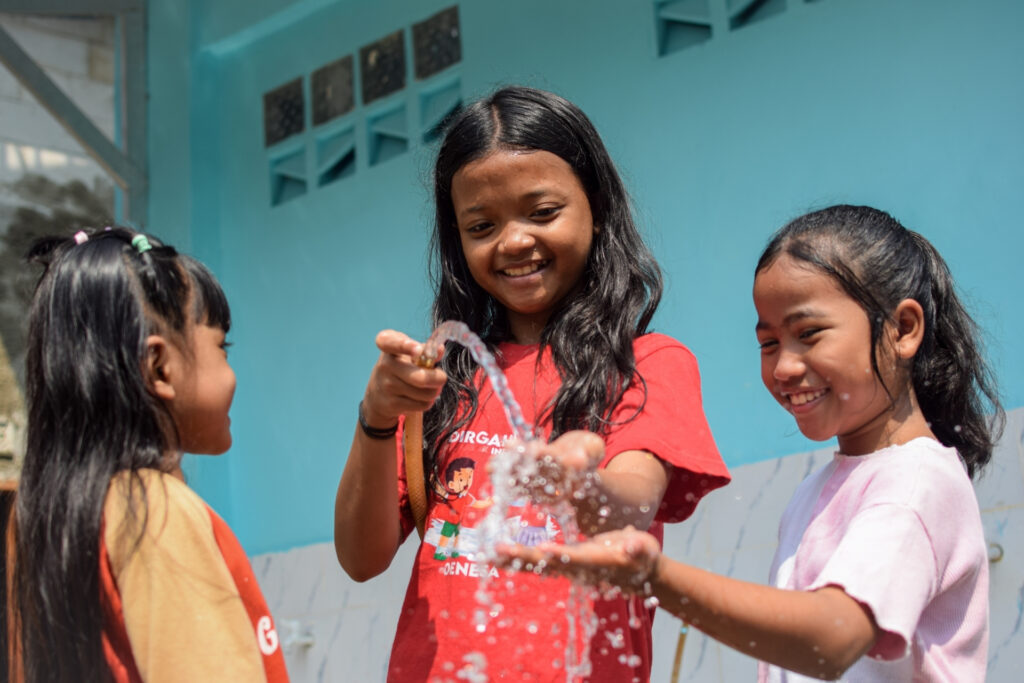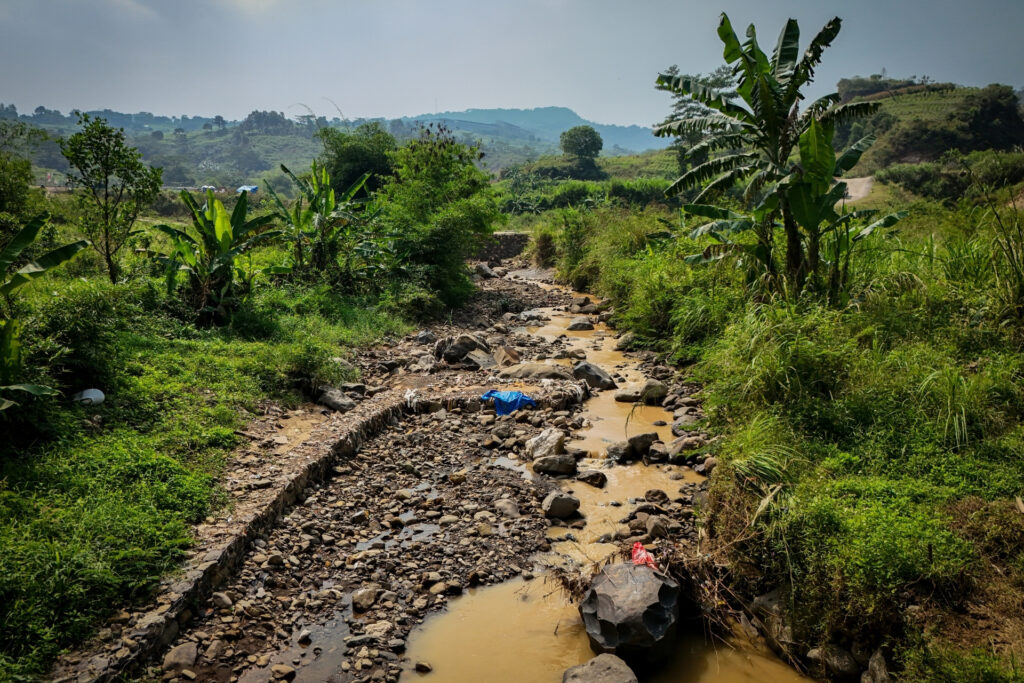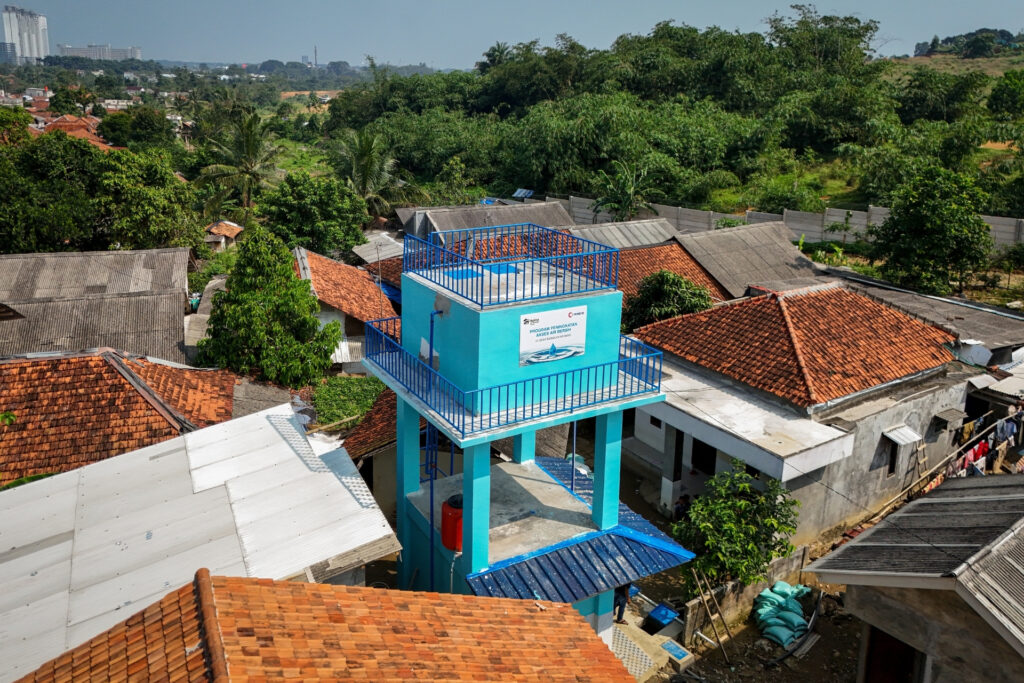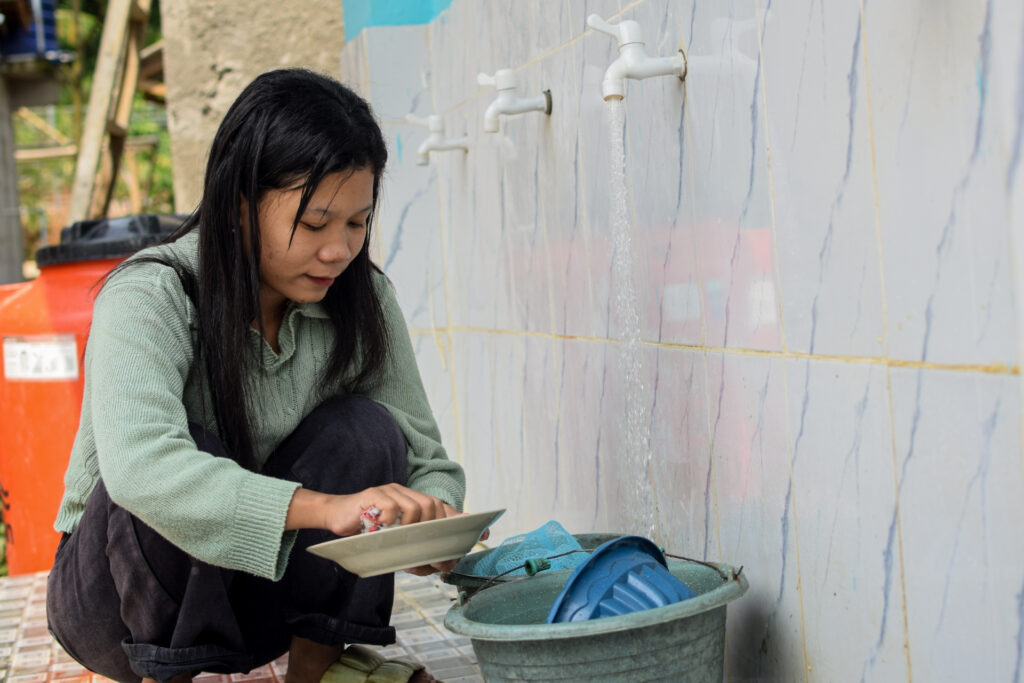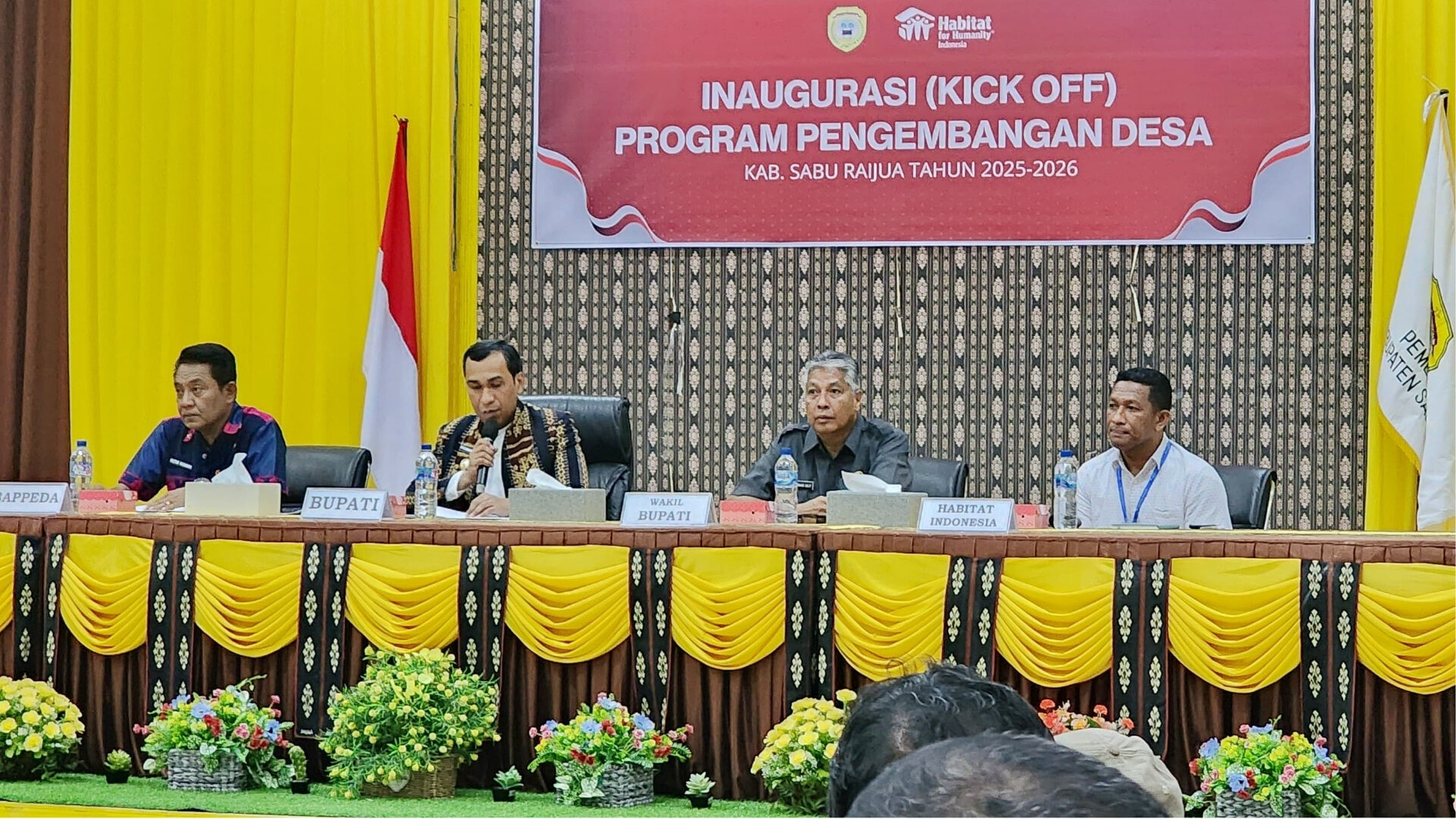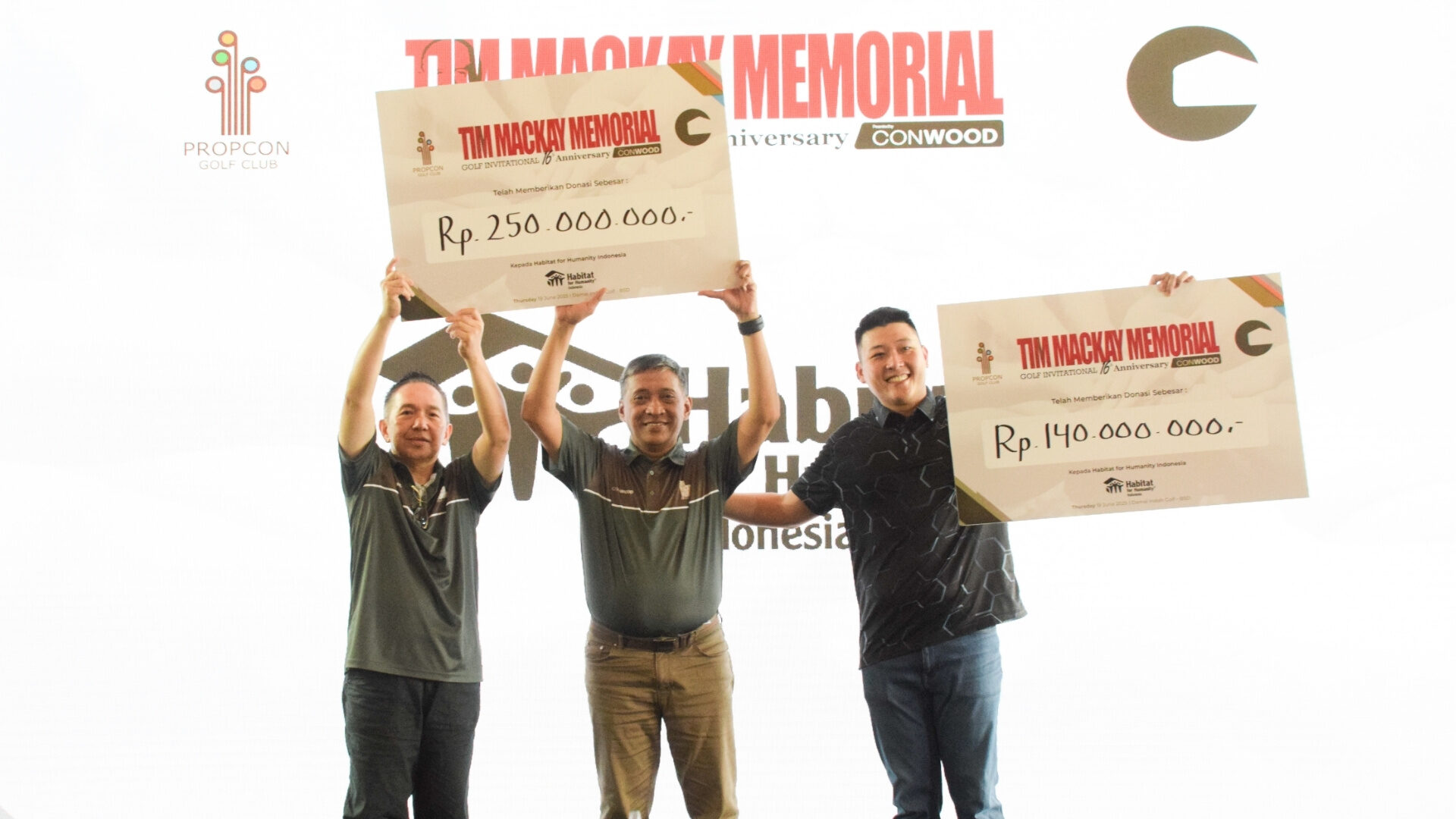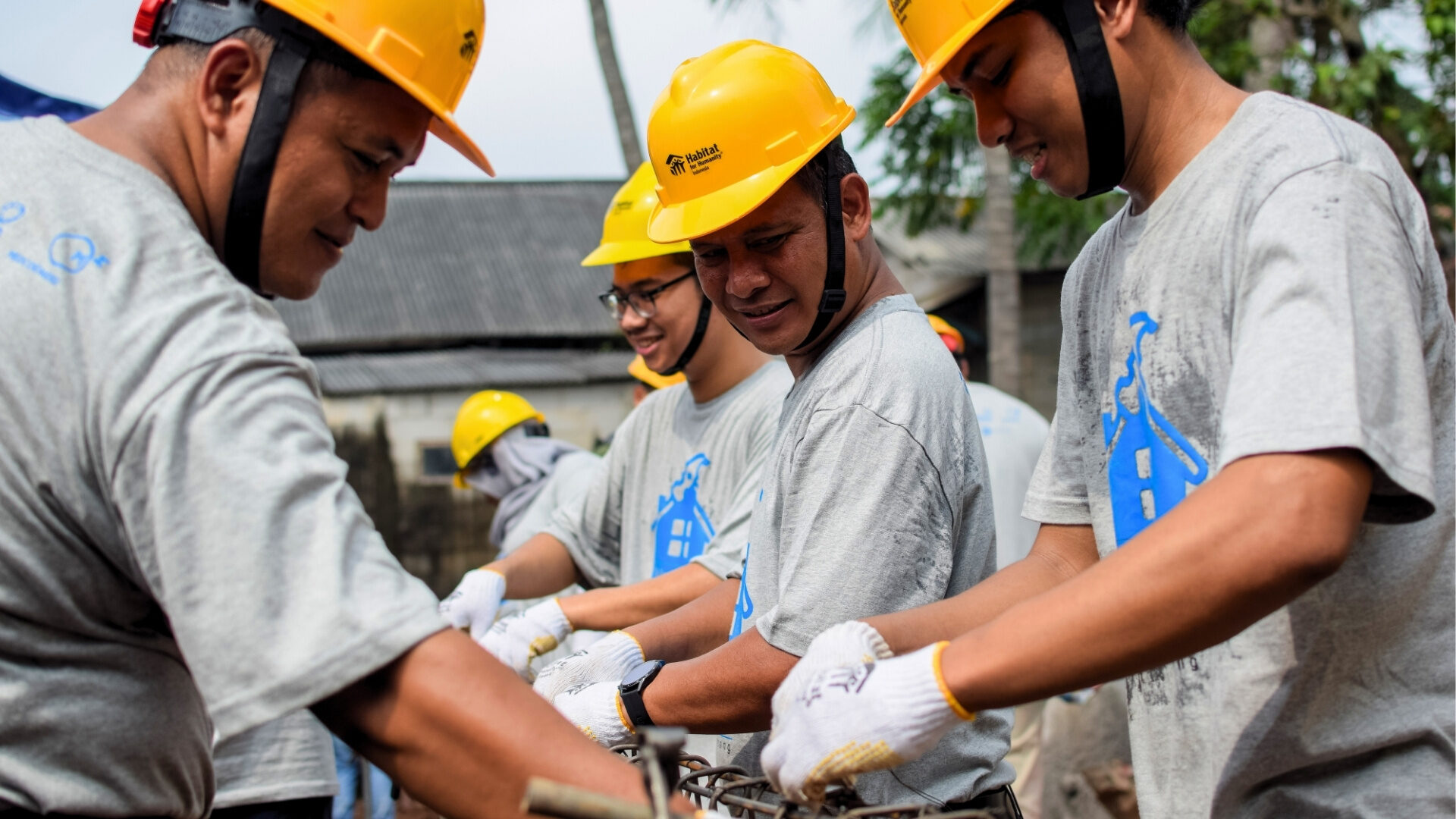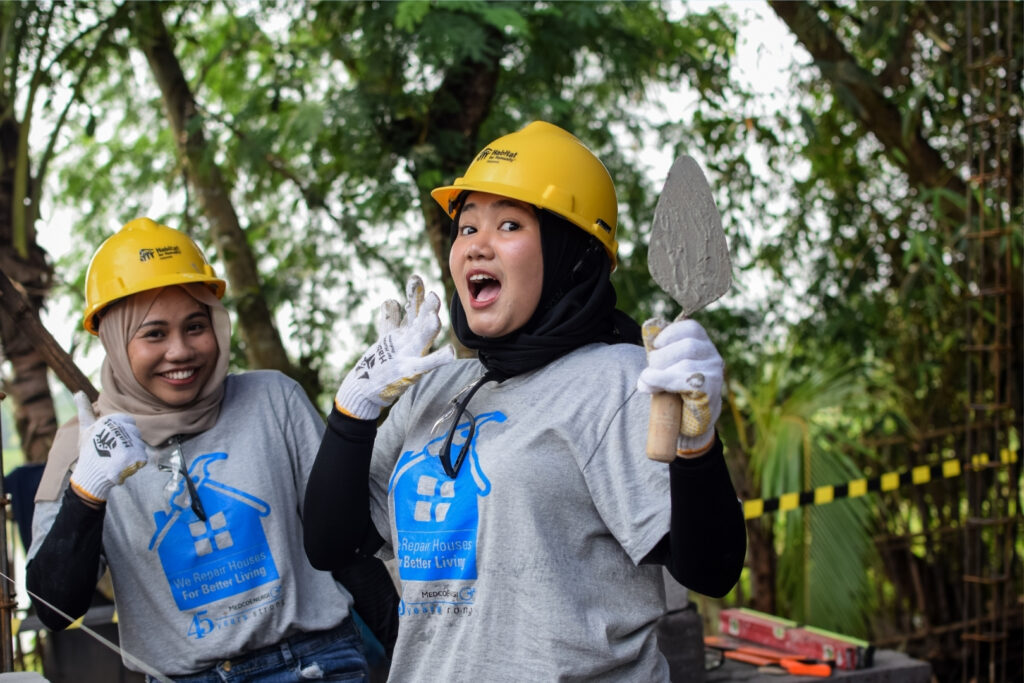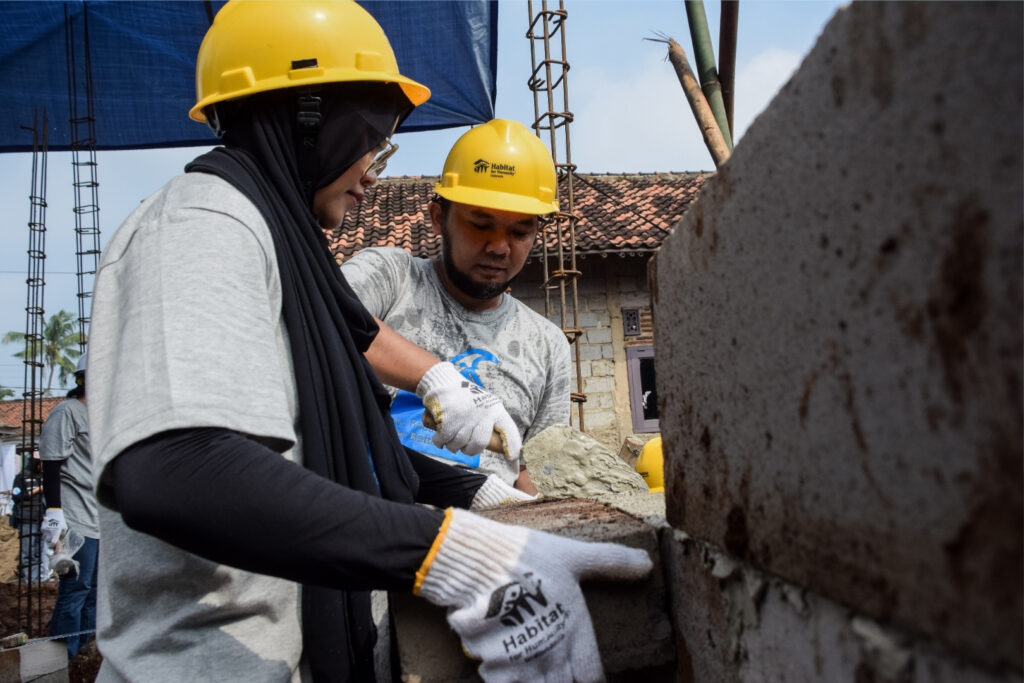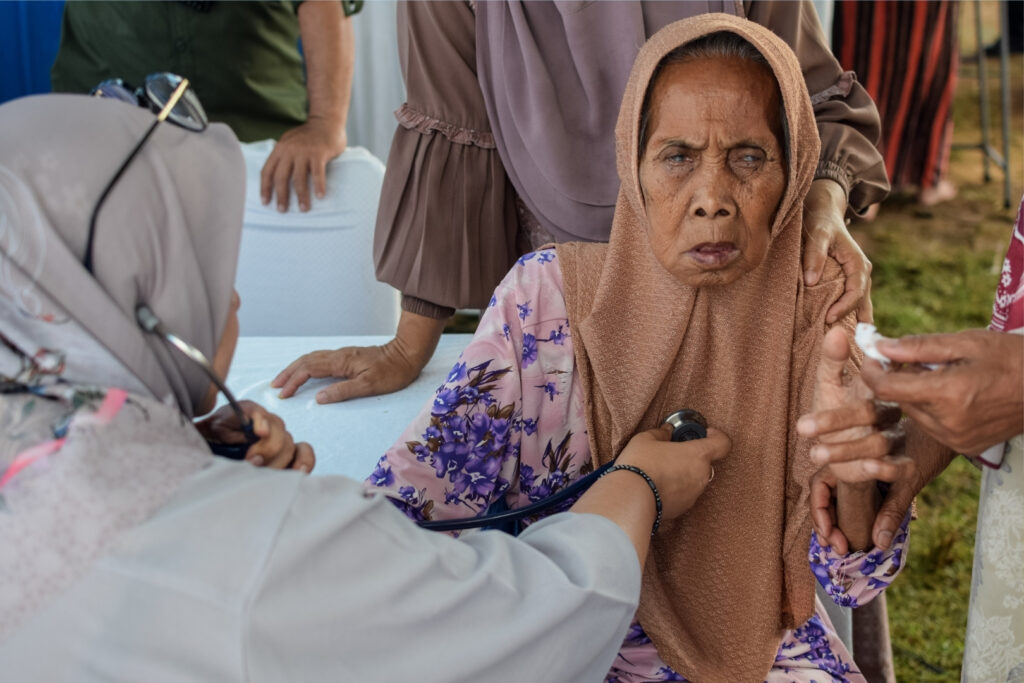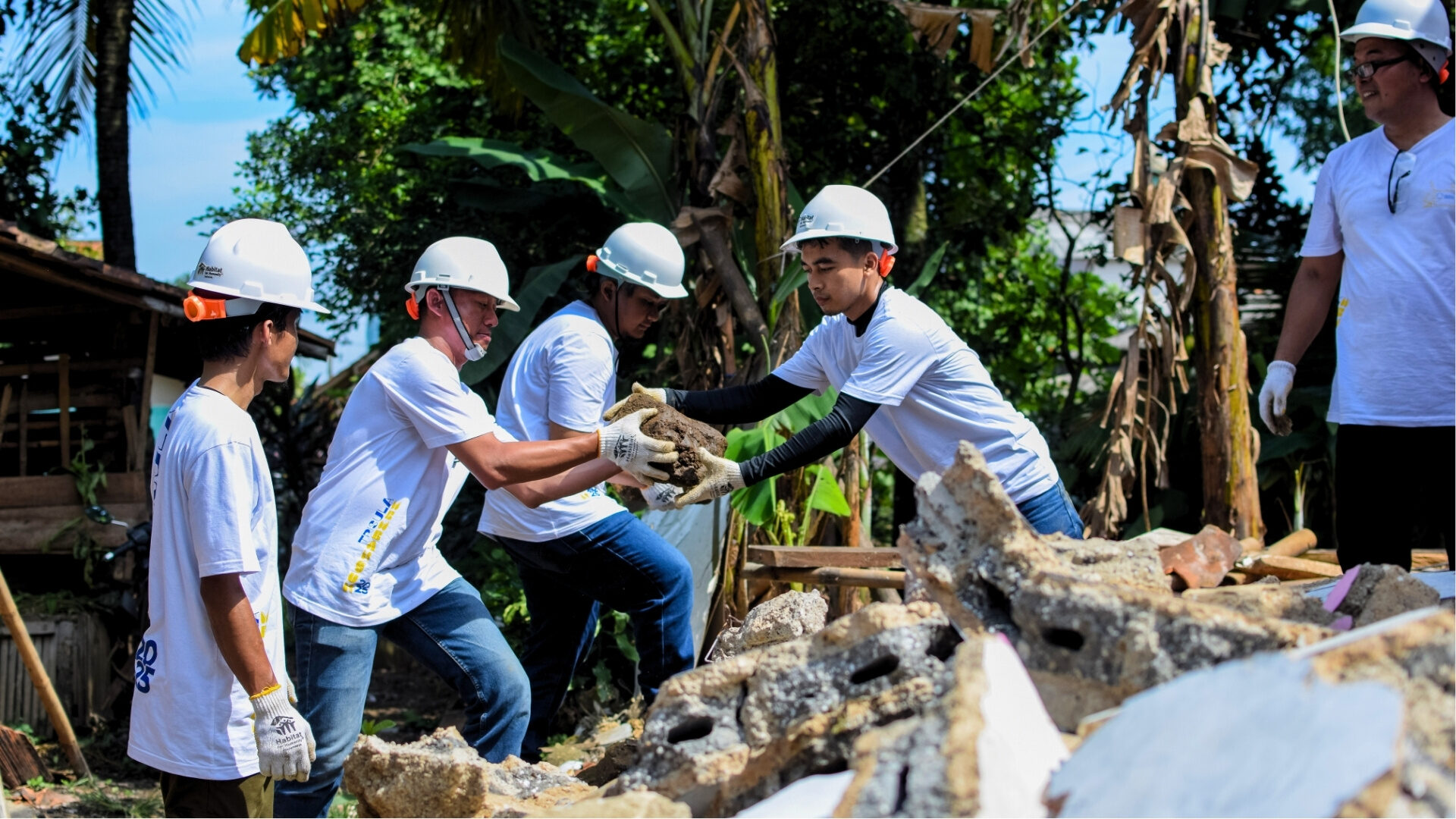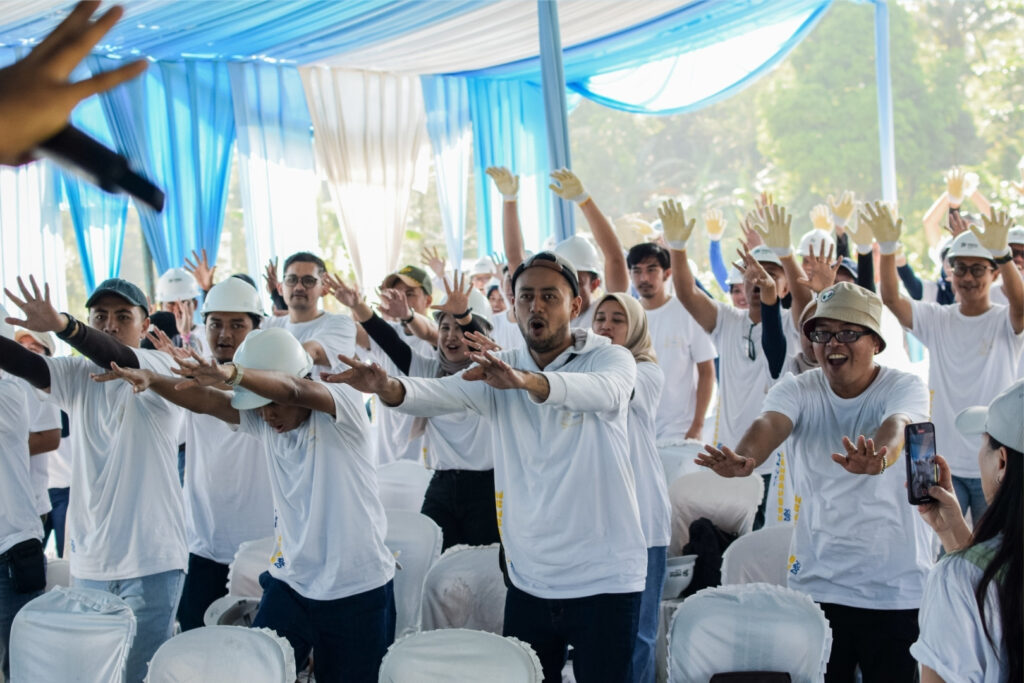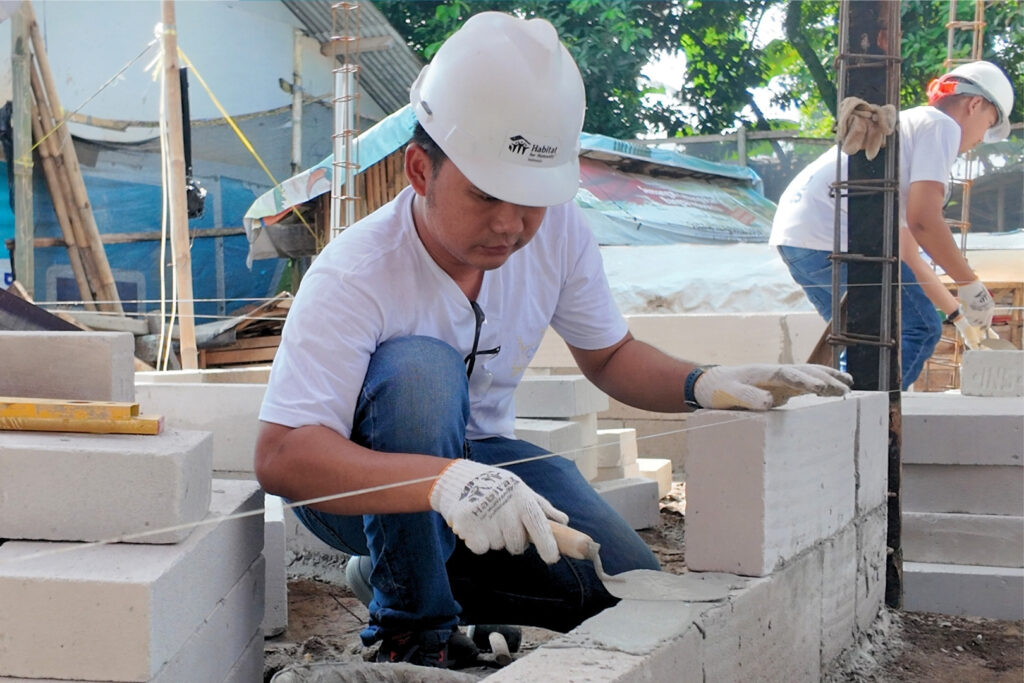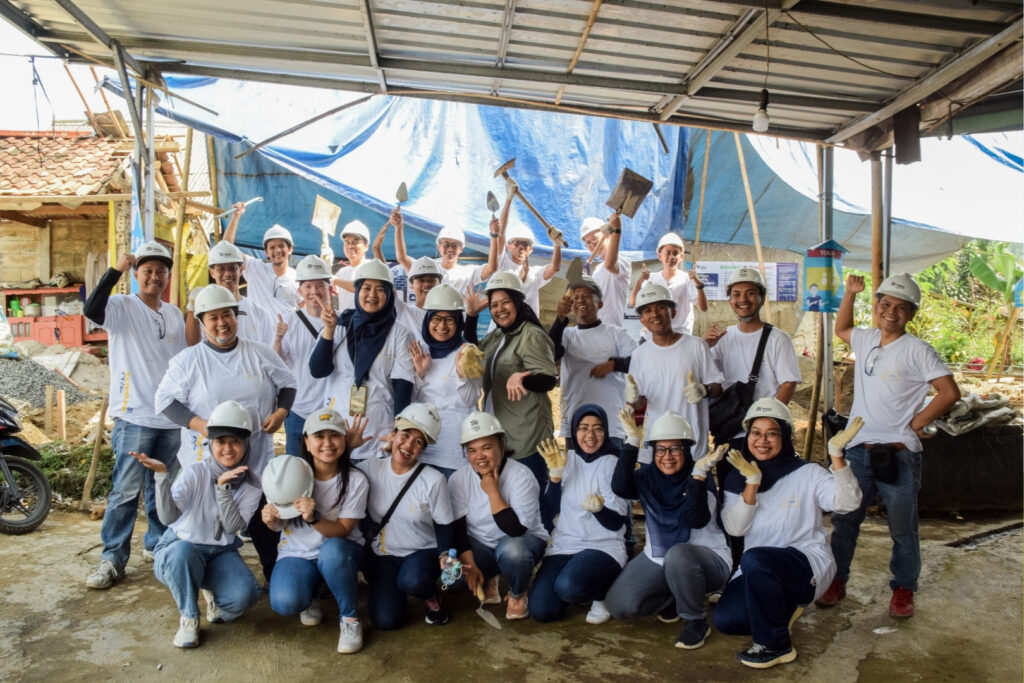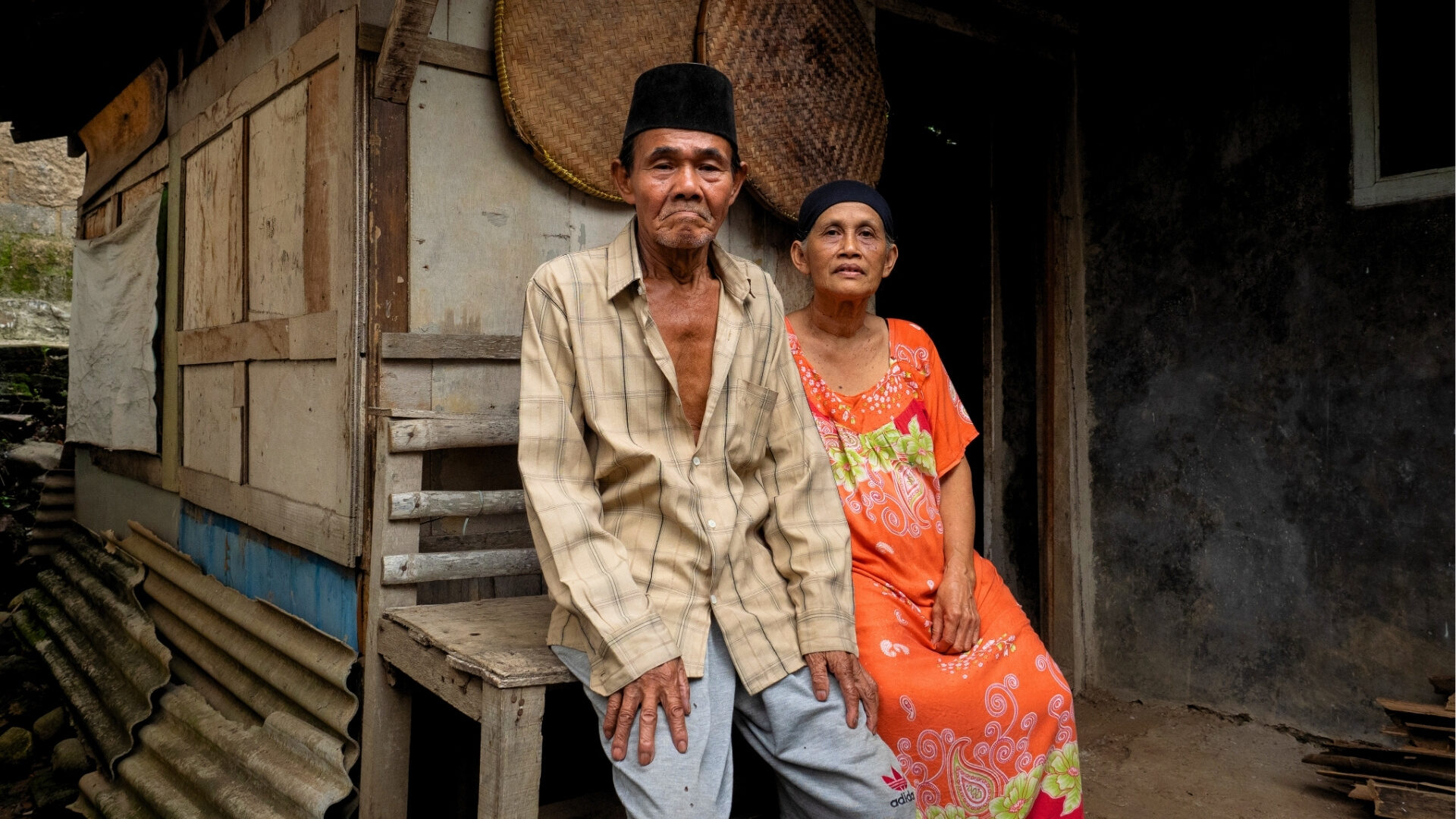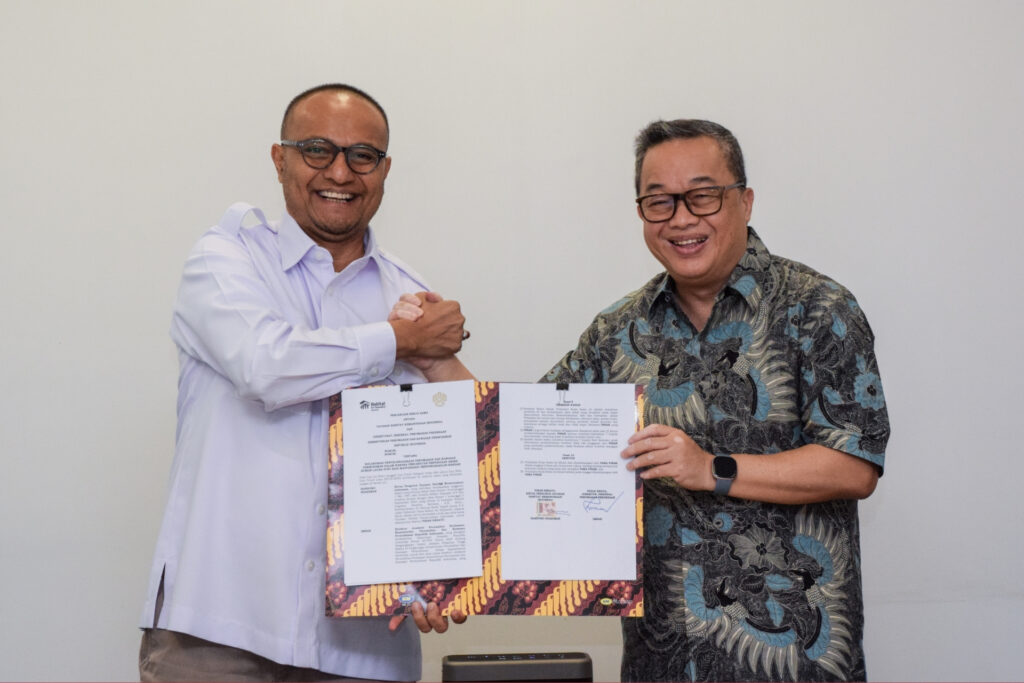Habitat for Humanity Indonesia Holds Construction Job Fair in Tangerang Regency, Opening Employment Opportunities for Local Residents
Tangerang, July 19, 2025 – After a successful event at Bale Kota Mall Tangerang on July 12, 2025, Habitat for Humanity Indonesia once again organized a Construction Job Fair on Saturday, July 19, 2025, this time held at the Tangerang Regency Manpower and Transmigration Office (Disnakertrans) Hall.
This activity is part of a strategic program supported by Habitat for Humanity Germany and the Federal Ministry for Economic Cooperation and Development (BMZ), aiming to expand access to employment in the construction sector for low-income communities.
More than a dozen national and local construction companies participated, including PT Reka Mulia Konstruksi (Rekon), Pulau Intan, sejasa.com, CK Helmer, and many more. The event was open to job seekers in the construction sector, especially construction workers, and also included other positions such as electrical technicians, drafters, site engineers, welders, administrative staff, and HSE.
This activity is a continuation of the construction workforce training and certification conducted by Habitat for Humanity Indonesia throughout 2023–2024. A total of 581 participants have successfully obtained national skill certifications and are ready to enter the workforce.
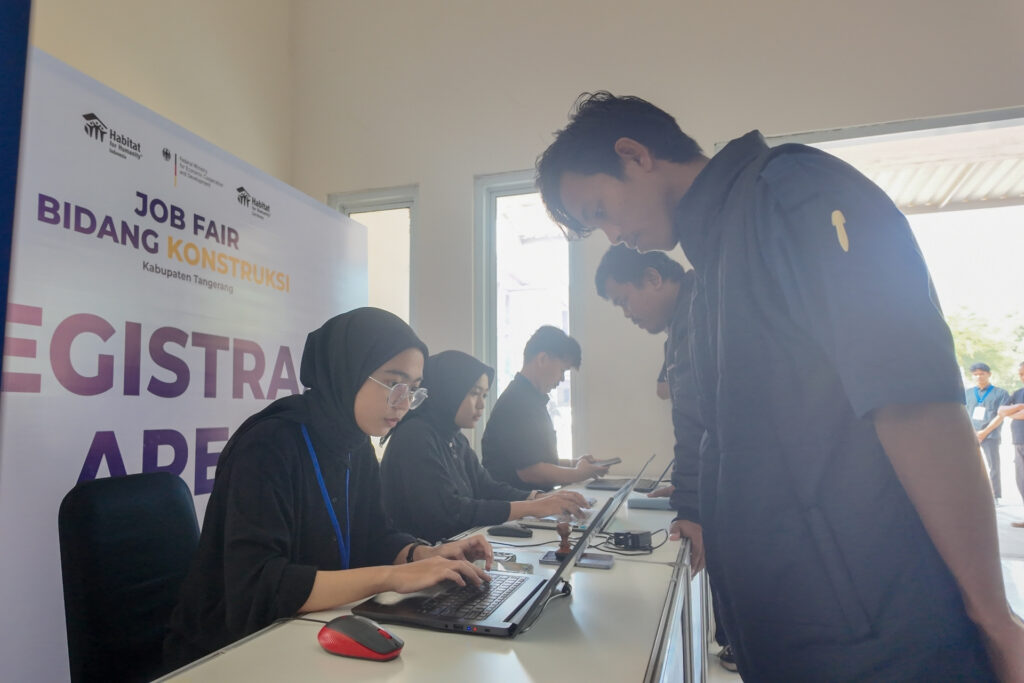
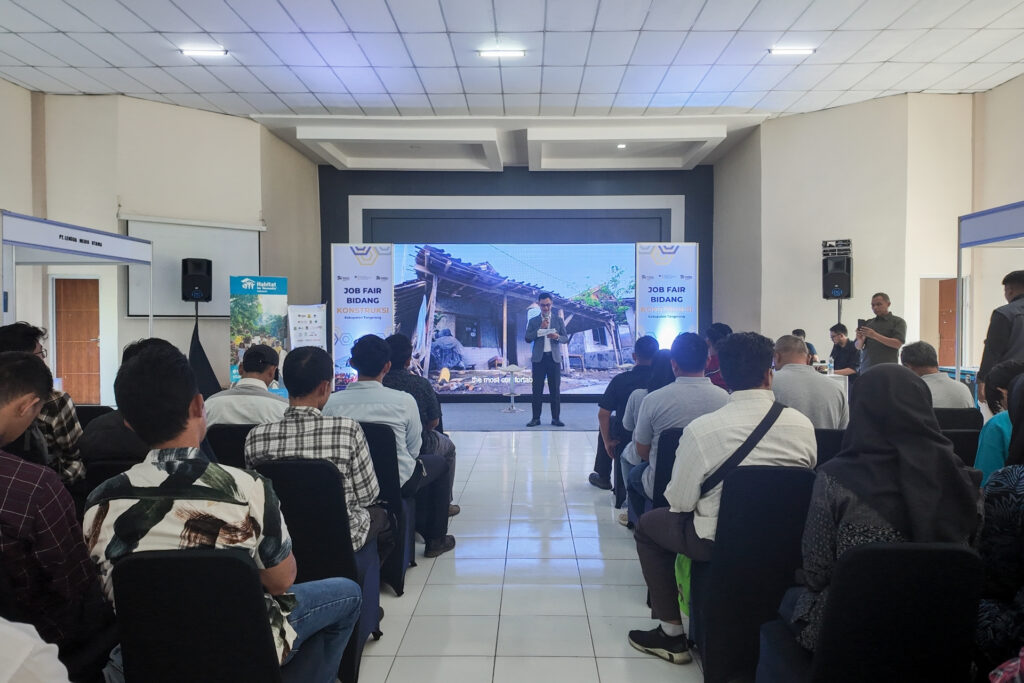
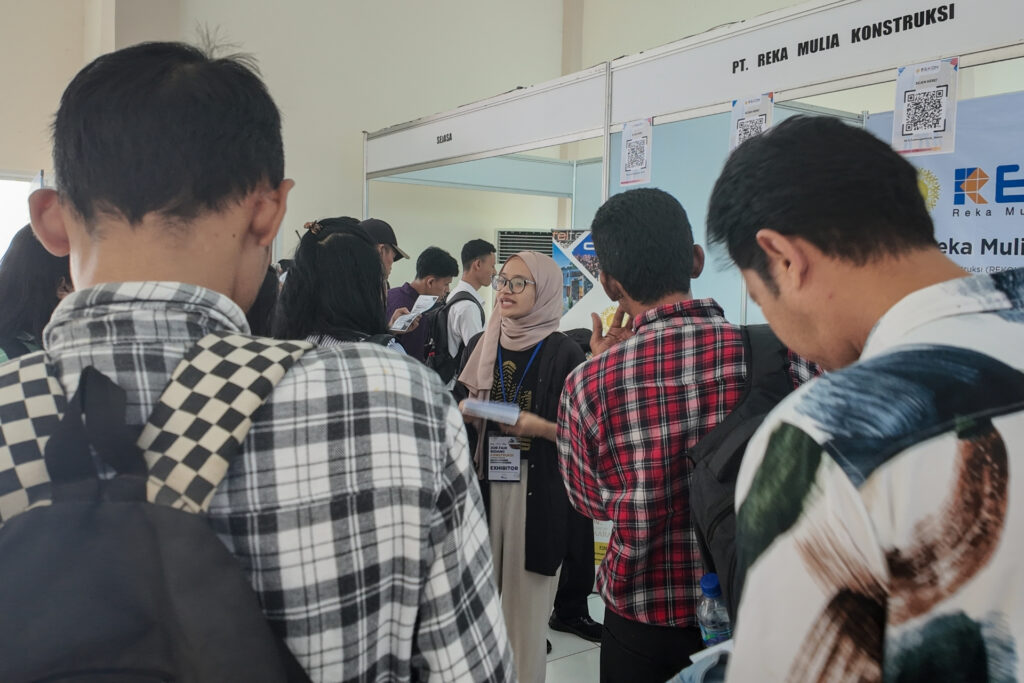
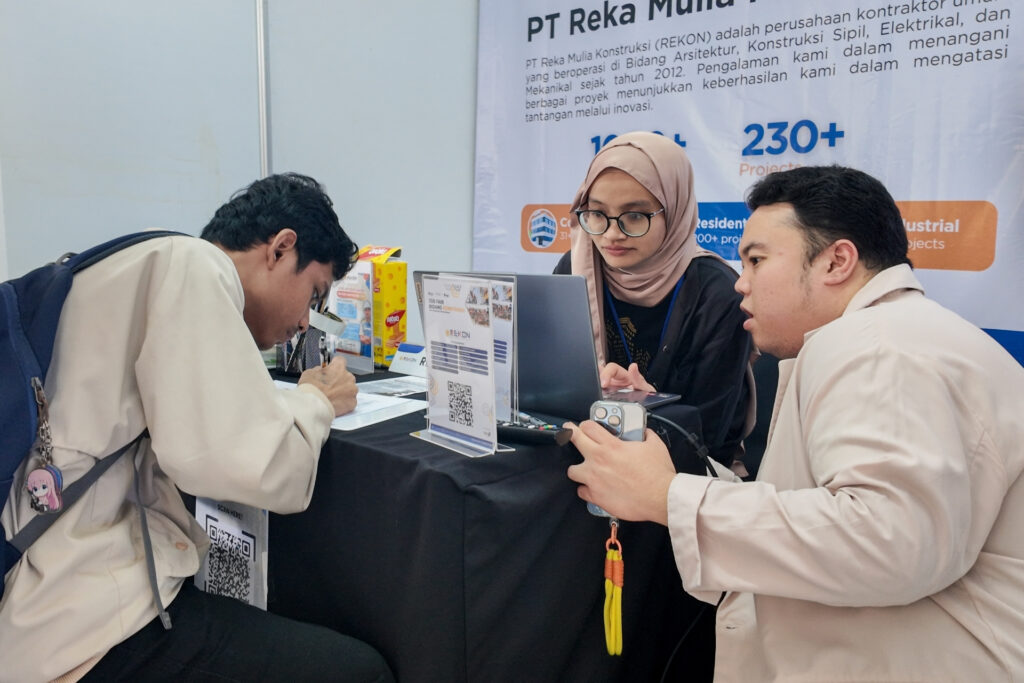
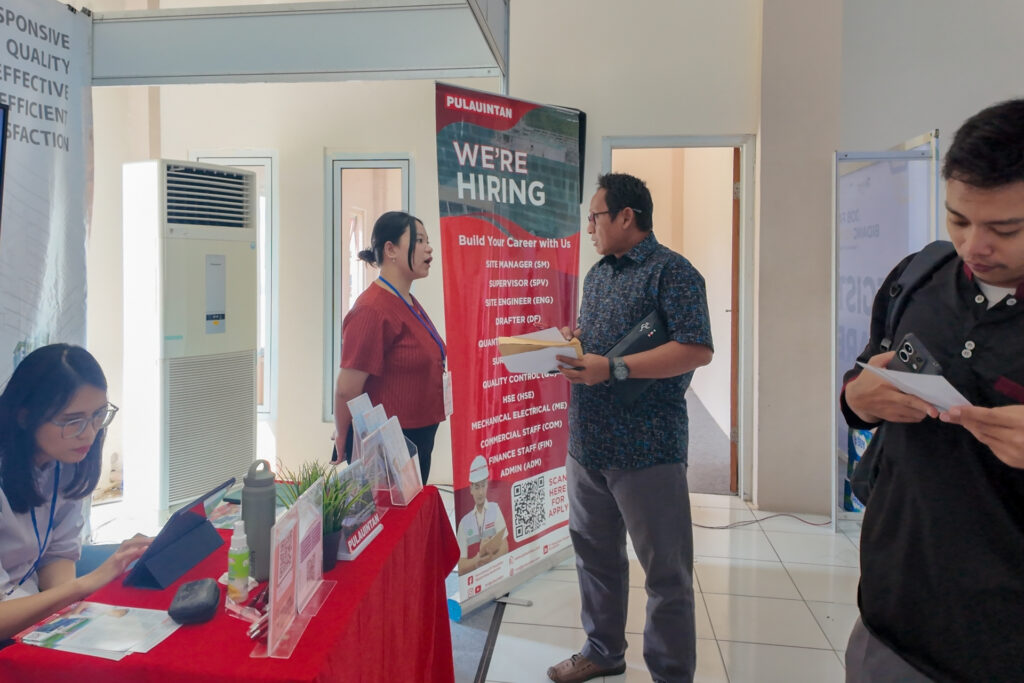
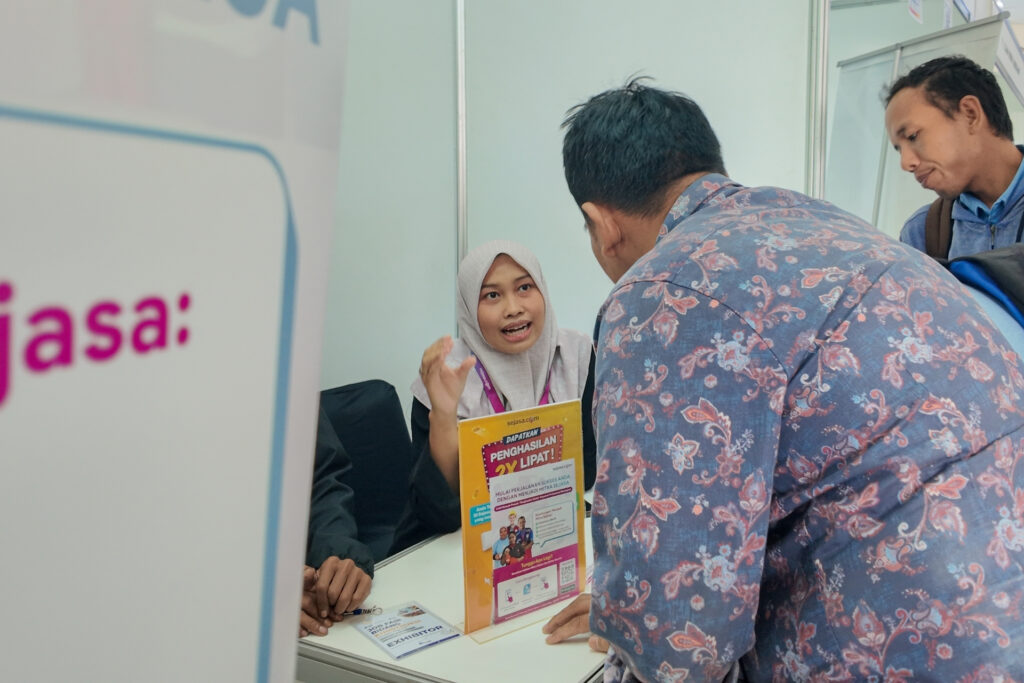
Read also: Carving a Path to Success for Construction Workers and Competitive Opportunities in the Job Market
The Head of the Tangerang Regency Manpower Office, Rudi Lesmana, also attended the event and expressed his appreciation for Habitat’s initiative. “Thank you to Habitat, we greatly appreciate this collaboration because it provides real opportunities for our community to get decent jobs. This is a strategic step in reducing unemployment in Tangerang Regency. Our hope is that activities like this can continue and become a concrete solution for increasing labor absorption in the region,” he said.
Meanwhile, Rizal Zulkifli, BMZ Project Manager for Strategic Alliance at Habitat for Humanity Indonesia, explained that this job fair serves as a bridge between training graduates and industry needs. “We want to ensure that training alumni not only have skills but also direct access to job opportunities. Our hope is that the BNSP certificates they have obtained can be an entry point to more stable employment, thereby strengthening their family economies,” he stated.
Habitat for Humanity Indonesia believes that inclusive development begins with community empowerment. Through cross-sector collaboration, Habitat continues to create space for citizens to grow, work, and contribute to a more dignified future.
(ss/av)
